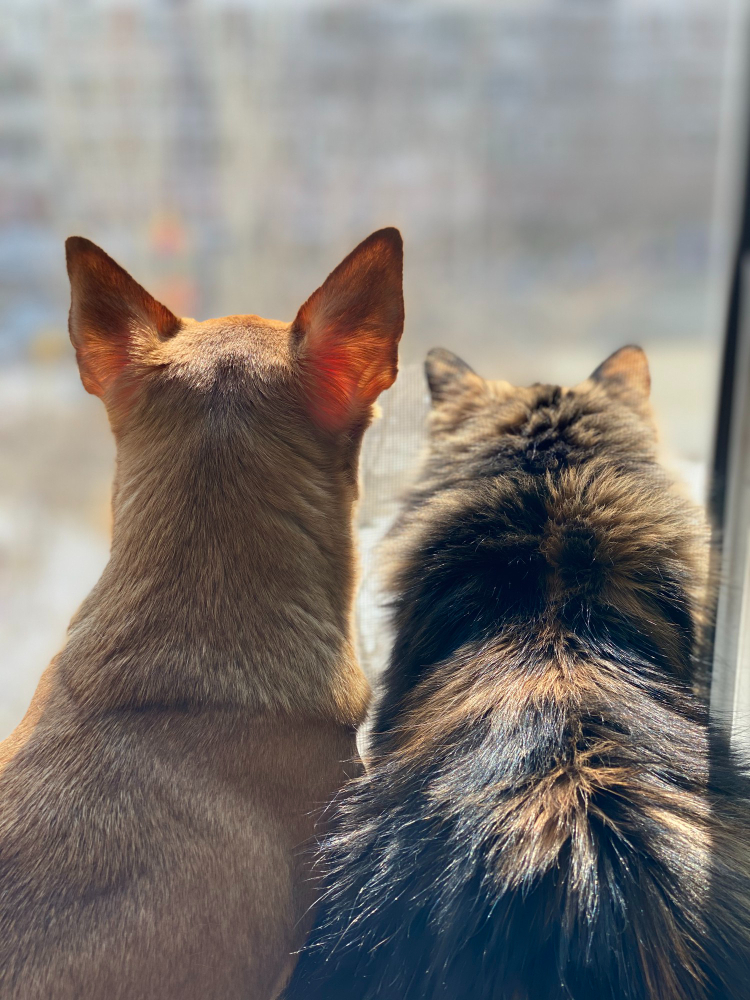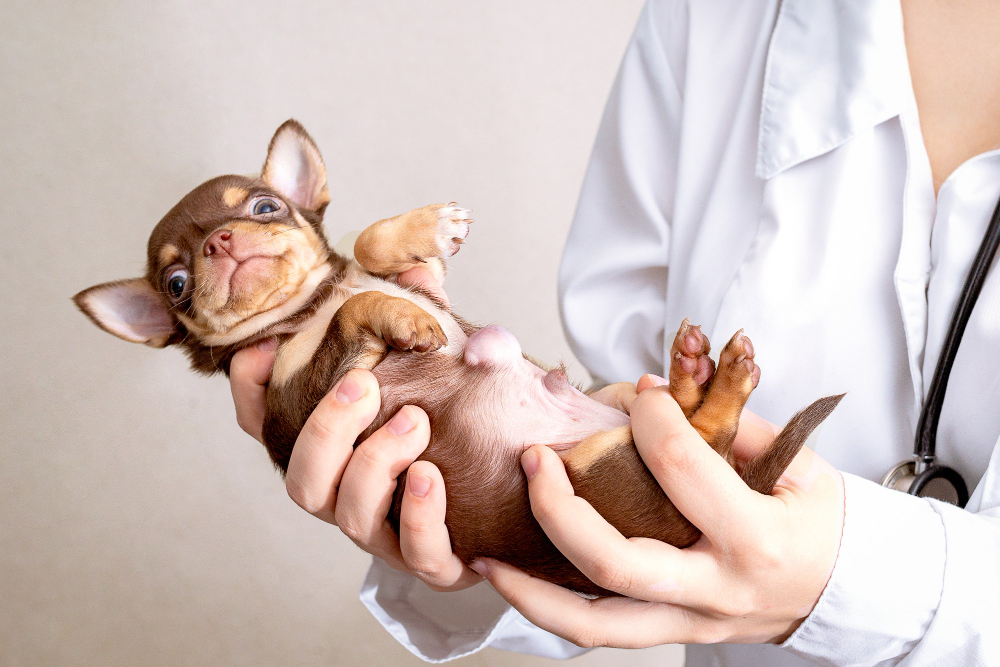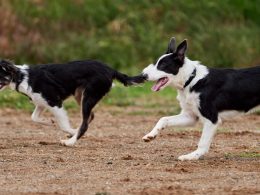Can You Breed A Dog With An Umbilical Hernia?
An umbilical hernia is a pathology that can be difficult to be recognized by pet owners and therefore requires attention. First, you need to understand what an umbilical hernia is and how it arises. In technical terms, it can be defined as a muscle layer that was not closed properly during muscle formation. But, in simpler words, the abdomen is left with a part of the wall without muscles, which is subject to the passage of internal organs and viscera, creating a kind of “bubble,” making the area highly delicate and dangerous.
Hernias can affect different parts of the body. The umbilical ones, specifically, are more observed in puppies because the umbilical cord, which connected the cord to the fetus, was not wholly closed after delivery.
Can Dogs Have Puppies With An Umbilical Hernia?
In most cases, umbilical hernias are caused shortly after delivery. The mom cuts the umbilical cord with teeth, uses too much force, or cuts in the wrong place, causing inadequate muscle closure. Some breeds are predisposed due to the dog’s dental arch, and these cases mainly affect shi-Tzu dogs and brachycephalic breeds such as pug and bulldog. Some may have genetic or accidental causes.
Usually, hernias do not cause pain or discomfort and go away in a few weeks. However, in some cases, the umbilical hernia can persist, which will be a problem. The main symptoms are swelling in the abdominal region and redness at the site. Dogs may have abdominal pain, vomiting, and lack of appetite in cases of organs stuck in the hernia, such as the intestinal loops. In these cases, take him to the veterinarian immediately.
What Happens If You Breed A Dog With An Umbilical Hernia
In cases of dogs that have an umbilical hernia and want to put them into reproduction, it is ideal that you look for a veterinarian who will assess the causes of hernia in your dog and which will be the rich ones when you breed them.
If you breed a male dog with an umbilical hernia, some puppies may have umbilical hernias due to genetic factors. The problem can be much more significant if you breed a female with a hernia. The adoption of some care plays a fundamental role. Females with an umbilical hernia should not become pregnant until the problem is resolved. Because some complications can occur throughout pregnancy, there is a risk of compromising the babies and the mother.
Does Hernia Affect The Dog’s Pregnancy?
An umbilical hernia can cause problems during pregnancy in bitches. In addition to discomfort, there is an increased risk at delivery. In addition, puppies may also have hernias, as some have genetic causes.
Therefore, it is not recommended to put into reproduction females that have hernias, however small they may be; during pregnancy, they can increase and turn the moment of delivery into a nightmare, as an open umbilical hernia can be fatal.
Other Types Of Hernia
In addition to umbilical hernia, dogs can also have other types of hernias. For example, perineal hernias are when the abdominal viscera prolapses between the pelvic diaphragm and the rectum. Dogs affected by perineal hernias have difficulty defecating and volume growth near the anus. Vomiting, flatulence, fecal incontinence, and rectal prolapse may also be observed. So, the treatment is based on helping the animal to empty the intestine in the way recommended by the veterinarian and, probably, a surgical procedure in more severe cases.
A herniated disc is also another example. It is common and can occur when the cartilaginous disc between the vertebrae in the spine comes out of its place. The animal is in a lot of pain, can be quieter, and refuses to get up because of the discomfort caused by moving. Treatment involves resting in more comfortable beds, with adequate medication and a surgical procedure, for more severe cases.
Above all, in any of these situations, the veterinarian must be sought immediately, and the supervision of the animal will be essential throughout its life to ensure that the animal is healthy.
Hernia Treatment
The increase in volume in the navel region of animals can vary in size, and in some cases of small umbilical hernia, it is possible to close naturally. However, answering the question of many readers, some dogs may live well with the hernia. But, a veterinarian must accompany them because there is a possibility that the hernia will increase and become a more severe case. The prognosis of surgery and surgical recovery is excellent when the postoperative period is appropriately performed. It requires a few days of rest, medication, and stitch care. What’s more, despite seeming simple and usual, the veterinarian must know how to act quickly in situations that require emergency surgical intervention.
When the strangulation of some viscera occurs, the animal usually shows some characteristic signs. Are they:
- Vomiting;
- Abdominal pain;
- Anorexia;
- Lack of appetite.
Not all cases of umbilical hernia require surgery.
Usually, the umbilical hernia in dogs does not tend to present significant problems beyond the muscular part of the dog that gives way. However, there are situations where the volume is substantial or even more severe when an abdominal viscera is strangled. Therefore, surgery is needed to repair the problem. In the surgical procedure, the viscera are placed correctly, and the muscles are closed perfectly.
The most important thing is that whenever the owners observe any changes in the animal, they should take it to the veterinarian. The same will assess the risks and the need for surgery. In more complex cases, where the ball in the abdominal region is so large that part of the membrane surrounding the organs escapes, veterinarians must be prepared to perform emergency surgery on animals.














